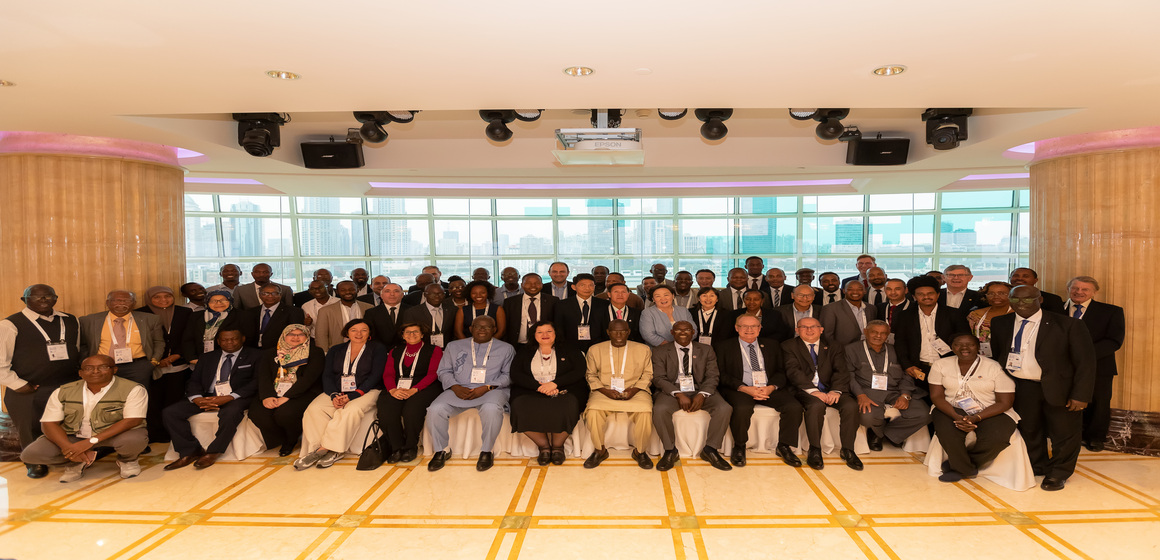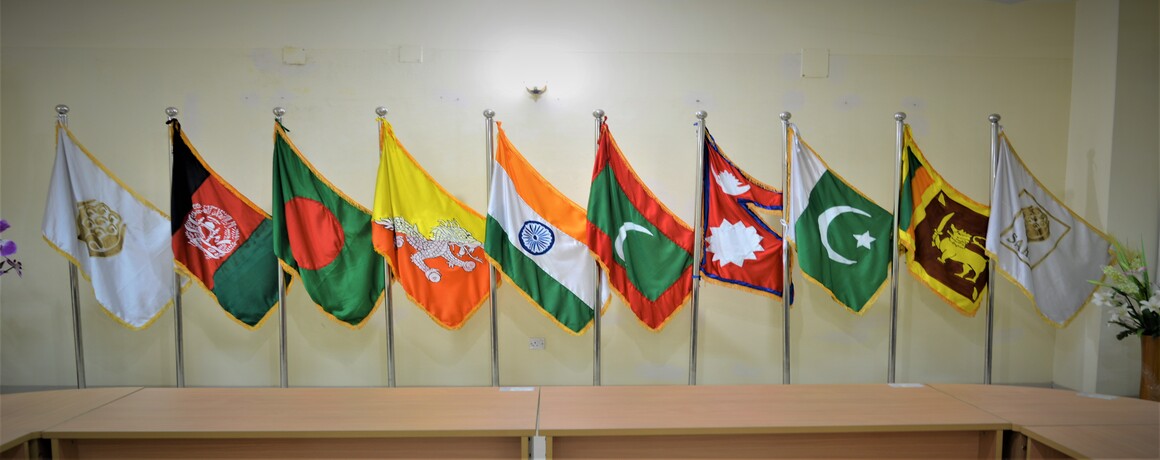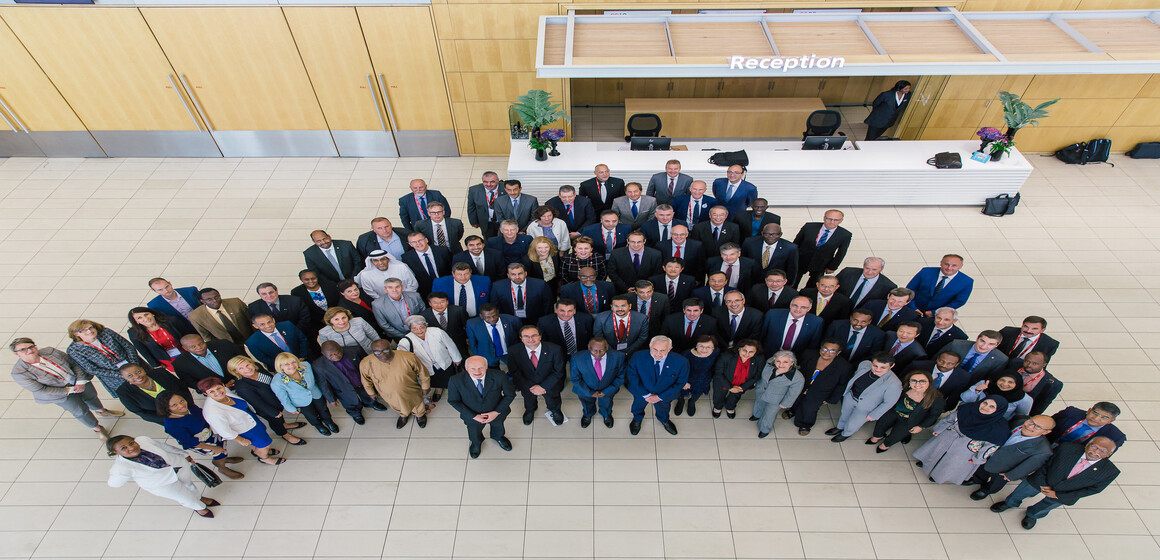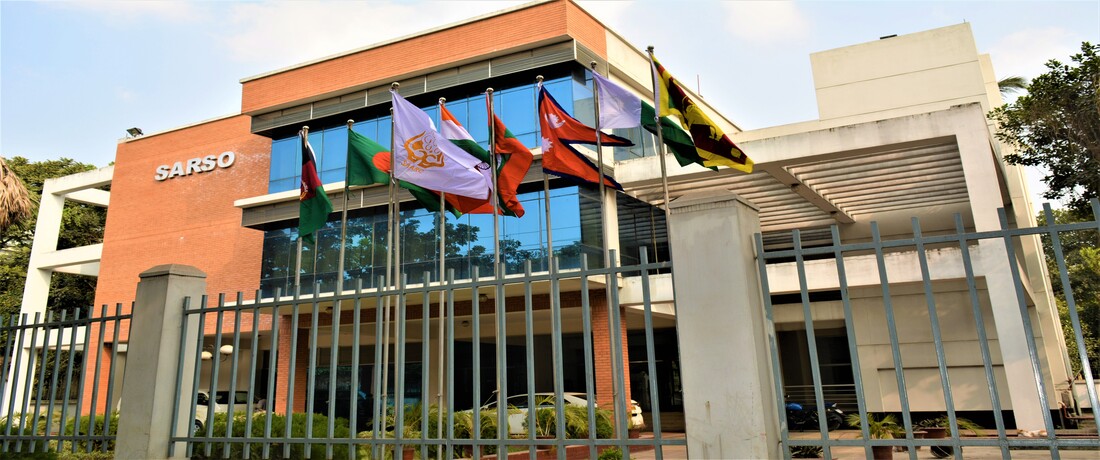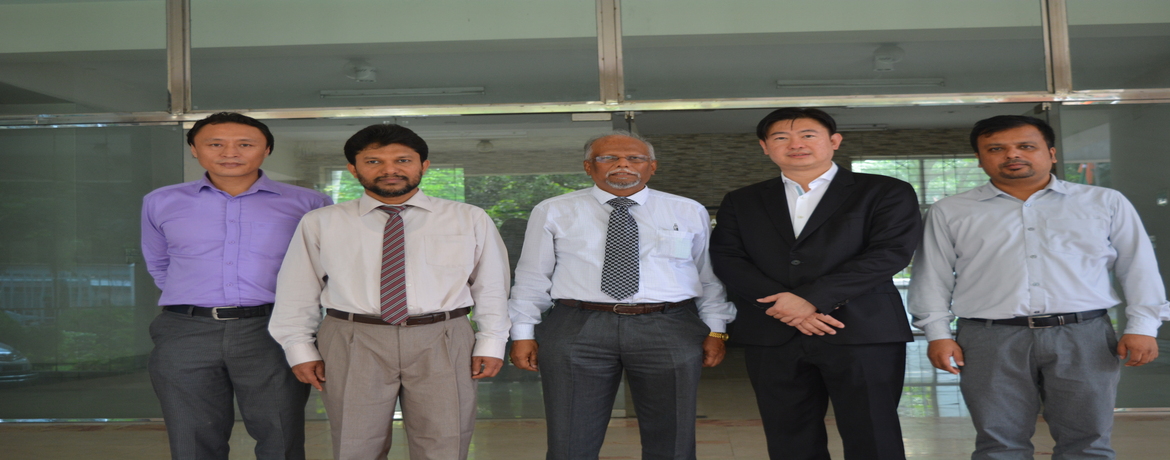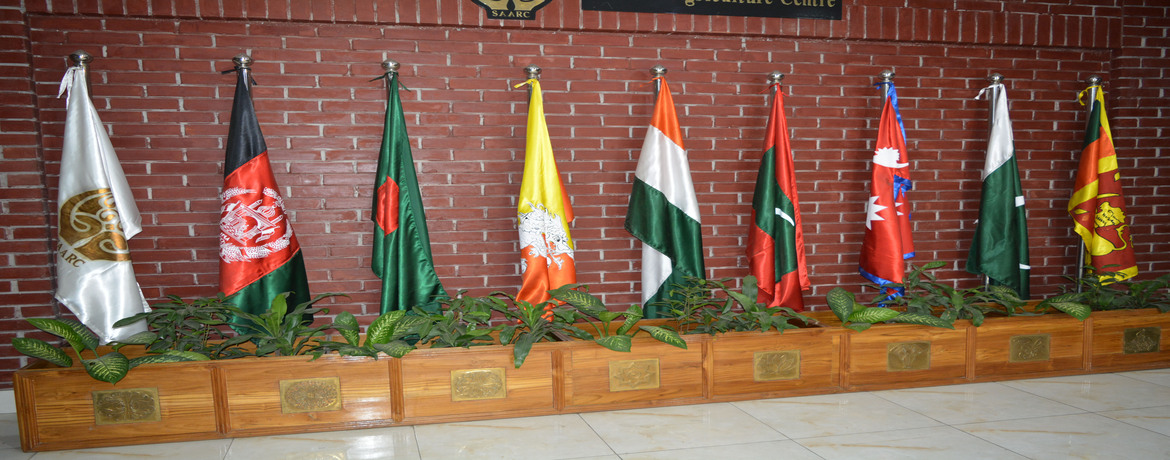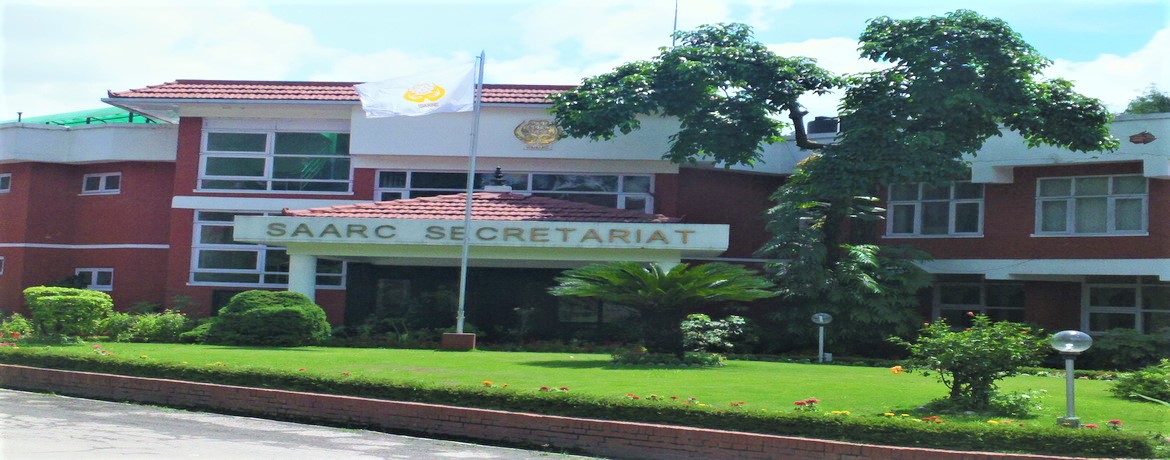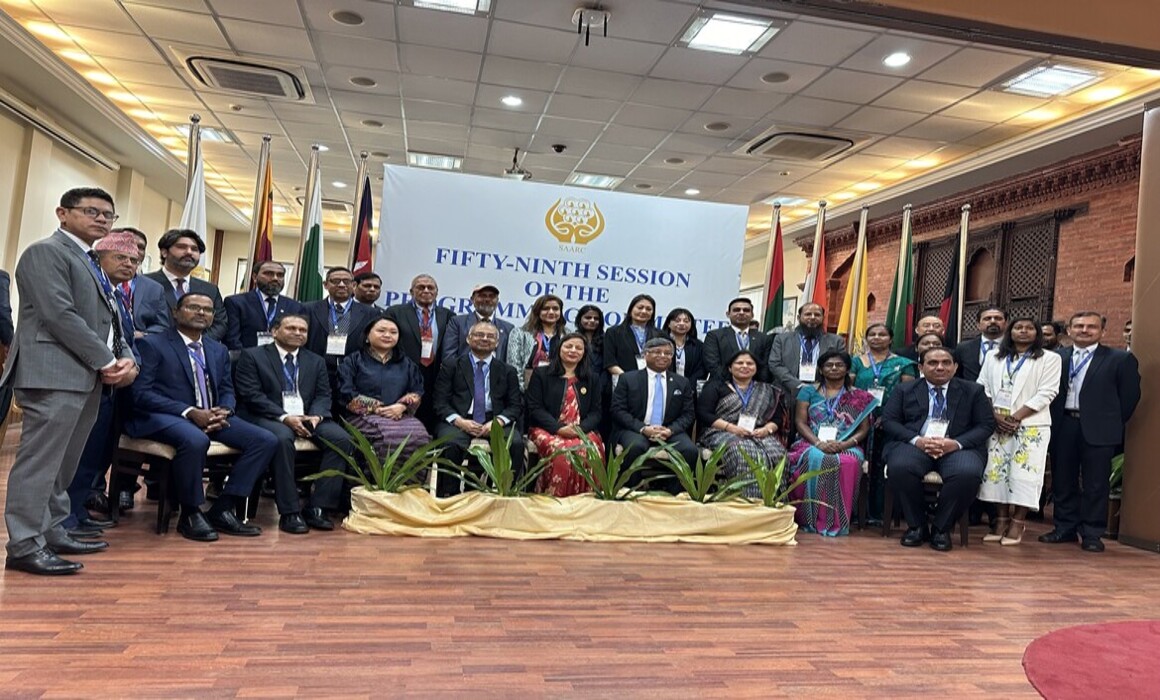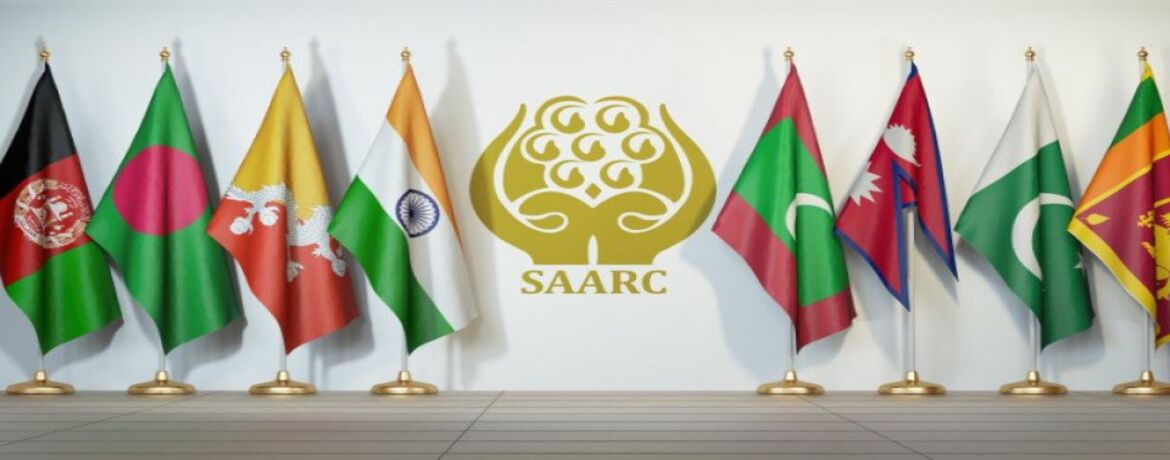Last updated: 10th June 2018
Overview
South Asian Regional Standards Organization (SARSO) is a Specialized Body of SAARC. It was established to achieve and enhance coordination and cooperation among SAARC Member states in the fields of standardization and conformity assessment and is aimed to develop harmonized Standards for the region to facilitate intra-regional trade and to have access in the global market.
SARSO was established after the relevant Agreement entered into force with effect from 25 August 2011. SARSO is having its Secretariat at Dhaka, Bangladesh and commenced its operations with effect from 3rd April 2014.
OBJECTIVES & FUNCTIONS
- To promote and undertake harmonization of national standards of the SAARC Member States with a view to removing the technical barriers to trade and facilitate flow of goods and services in the region.
- To develop SAARC standards on the products of regional/sub-regional interest.
- To encourage the use of international standards published by international organizations such as ISO, IEC, etc. by way of adoption, where appropriate, as SAARC Standards.
- To encourage exchange of information and expertise among the National Standards Bodies of the Member States in the fields of Standardization and Conformity Assessment.
- To facilitate capacity building among the Member States in the fields of Standardization and Conformity Assessment by way of training, workshops, seminars etc.
- To act as a source of information for the Member States on standards, regulations, conformity assessment.
- To present the common interests of the Member States in the various international standardization organisations.
- To establish mutually beneficial cooperation with the relevant international and regional organizations as per relevant SAARC guidelines.
- To promote Mutual Recognition Arrangements (MRAs) on Conformity Assessment Procedures among the Member States.
- To encourage sharing of facilities relating to conformity assessment procedures among the Member States.
- To explore the possibility of having a common mark of conformity among the Member States.
- To undertake any other task (s) as deemed appropriate.
- The Organisation shall have the powers necessary to enable it to carry out its objectives and functions.










